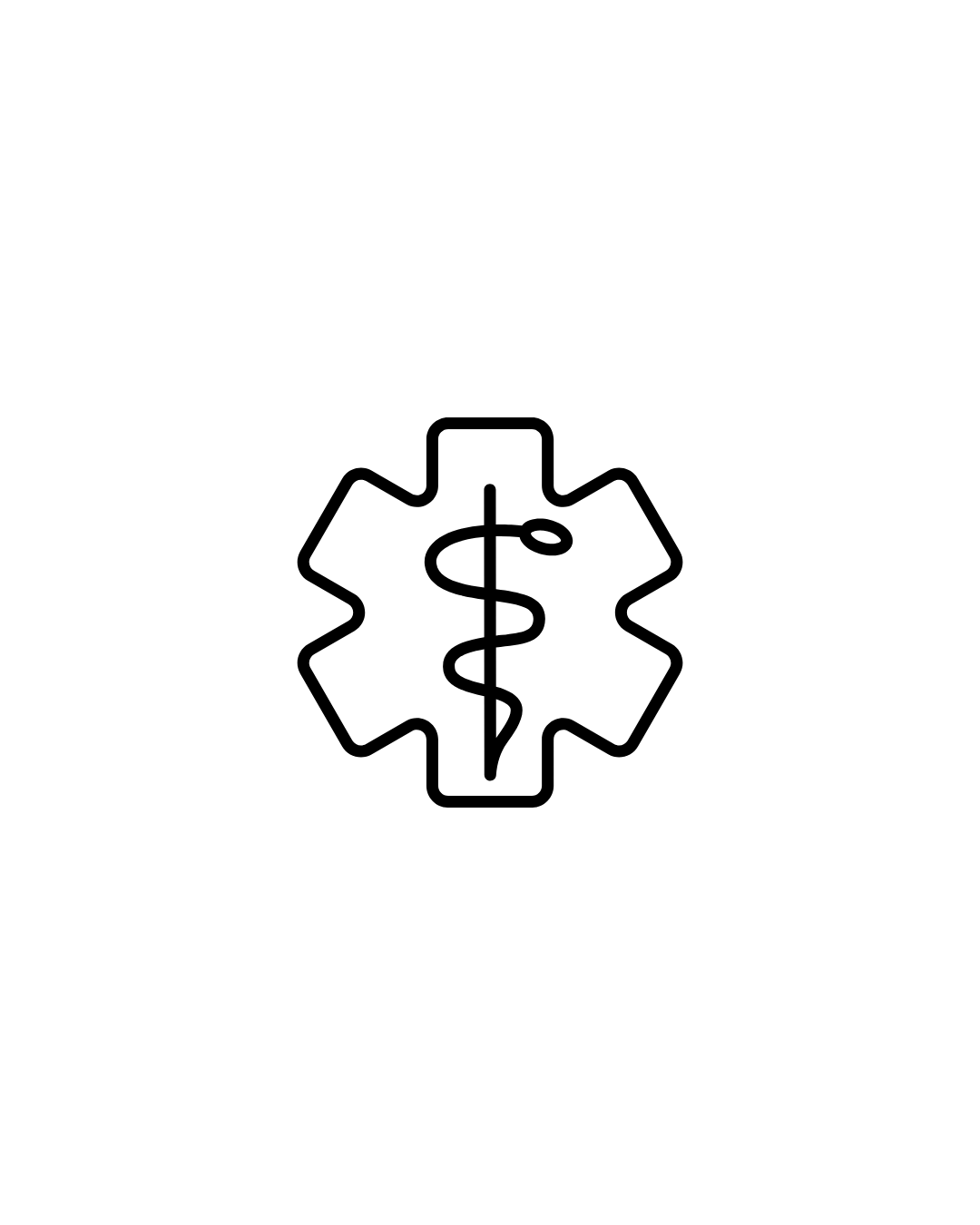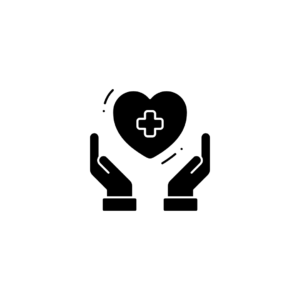Description
The Diploma in Vocational Education (D.Voc) in Emergency Medical Technician – Basic is tailored to train individuals in the essential skills required for providing pre-hospital emergency medical care. Here?s a detailed overview of the course, including the curriculum and potential career opportunities.
Course Details:
Duration: Typically lasts 1 to 2 years, depending on the institution.
Eligibility: Candidates usually need to have completed secondary education (10th grade) or equivalent.
Mode of Study: Full-time with a blend of theoretical knowledge and practical training.
Curriculum:
The curriculum usually covers the following key areas:
1. Core Subjects
Introduction to Emergency Medical Services:
Understanding the EMS system, its role, and the importance of EMTs.
Basic Anatomy and Physiology:
Study of body systems, functions, and how injuries affect them.
Medical Terminology:
Familiarization with terms commonly used in emergency medicine.
2. Emergency Care Skills:
Patient Assessment:
Techniques for conducting a comprehensive assessment of patients in emergencies.
Airway Management:
Skills for ensuring airway patency (e.g., maneuvers and equipment like oropharyngeal airways).
Cardiopulmonary Resuscitation (CPR):
Training in adult, child, and infant CPR, including the use of AEDs.
Wound Care:
Techniques for controlling bleeding, dressing wounds, and managing burns.
Trauma Management:
Assessment and care standards for various types of trauma (e.g., head injuries, fractures).
3. Medical Emergencies:
Recognition and Management of Medical Conditions:
Common emergencies, including cardiac arrest, stroke, diabetic emergencies, seizures, and respiratory distress.
Environmental Emergencies:
Handling exposure-related emergencies (e.g., heatstroke, frostbite).
4. Patient Handling and Transportation:
Safe Movement Techniques:
Skills for lifting, moving, and transporting patients safely.
Transportation Protocols:
Procedures for using EMS vehicles and ensuring patient safety during transit.
5. Legal and Ethical Considerations:
Patient Rights and Ethics in EMS:
Understanding consent, confidentiality, and regulations affecting emergency care.
6. Practical Training:
Clinical Rotations:
Real-world experience in hospitals, ambulance services, and possibly with firefighting units.
Simulation Training:
Hands-on practice using manikins and scenarios to simulate emergency situations.
Assessment:
The assessment typically includes:
Practical evaluations to demonstrate competency in essential skills.
Written examinations covering theoretical knowledge.
Continuous assessment during clinical placements.
Career Opportunities:
Graduates of the D.Voc in Emergency Medical Technician – Basic can pursue various exciting roles in the healthcare sector, including:
Emergency Medical Technician (EMT): Providing immediate healthcare in emergency situations, usually in pre-hospital settings.
Ambulance Services: Working with government or private ambulance companies as frontline responders.
Fire Department: Some EMTs work alongside firefighters, providing dual training in fire response and emergency medical care.
First Responder: Participating in community emergency response teams or other volunteer organizations.
Healthcare Facility Roles: Opportunities in hospitals and urgent care settings that require emergency support.
Further Education: Graduates can advance to Paramedic training, Nursing programs, or other health-related fields.
This diploma serves as a crucial step for individuals looking to start a career in emergency medical services or advance in the healthcare field. If you need more specific information about any aspect of the program or its opportunities, feel free to ask!









